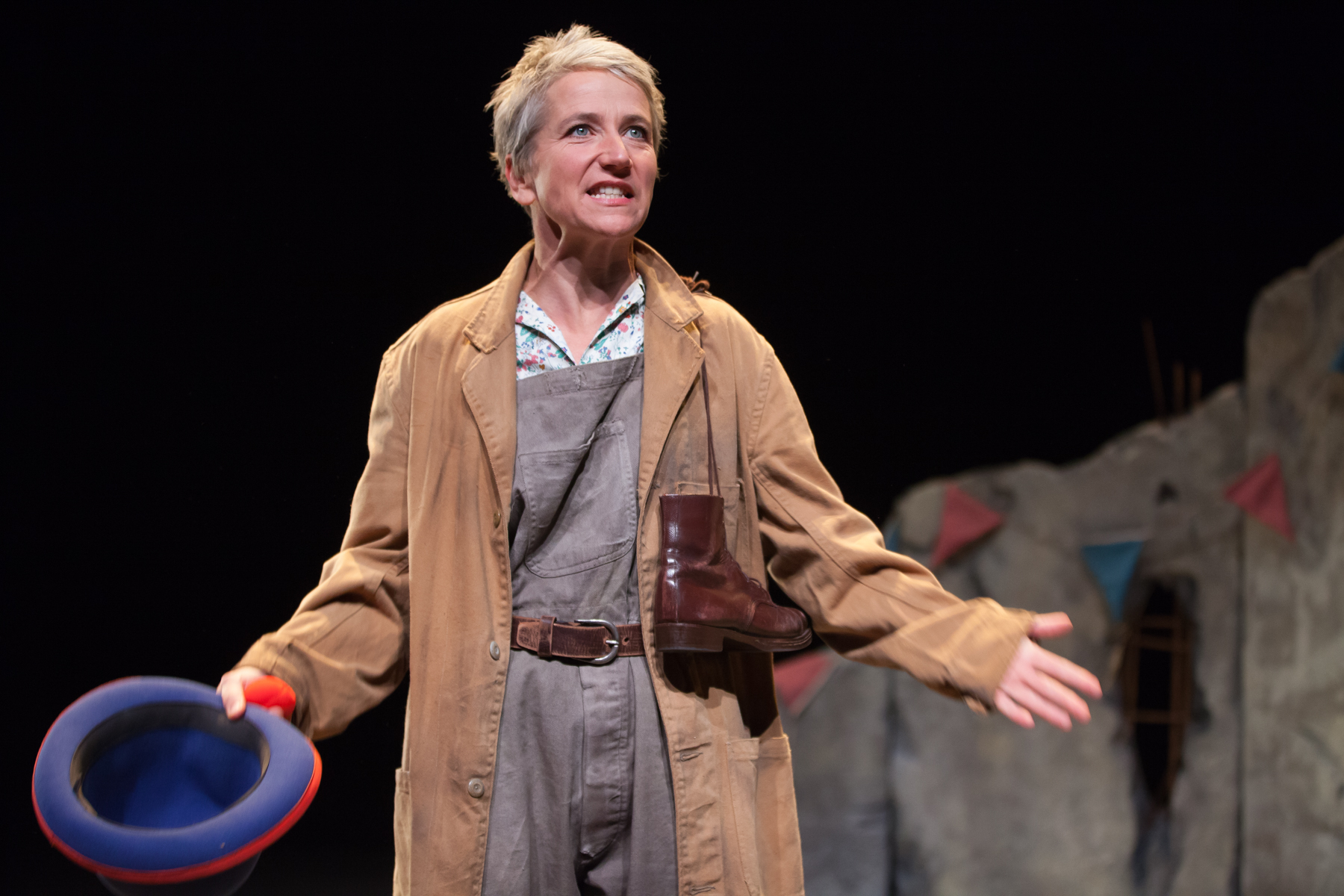
by the staff editorial
March 31, 2022
When thinking of your favorite athlete, unrealistic labels are probably often placed on that person: hero, inspiration and idol are some of the designations that come to mind.
But, after all, athletes are humans. They deal with the same types of problems as everyday people. And we should remember that when glorifying them in the ways that we do.
On Tuesday, former Major League Baseball outfielder Andrew Toles signed a contract with the Los Angeles Dodgers. Toles – who has not played in any capacity since 2018 – was diagnosed with schizophrenia and bipolar disorder that same year. In June 2020, Bob Nightengale of USA Today reported that Toles had spent time in at least 20 mental health facilities since 2019.
Toles’ new contract will provide him with the ability to keep access to both his mental health services and his health insurance, according to USA Today’s Analis Bailey.
In a world where sports are so high-stakes and so consequential, irrational expectations begin to form. We begin to depend on these athletes, joyful when they bring our teams glory or angered when they make a pivotal mistake.
During Toles’ minor-league career in the Tampa Bay Rays organization, he reportedly struggled to sleep as a result of persistent anxiety. He was often criticized by manager Jared Sandberg following late arrivals at the ballpark and after making a bevy of mental mistakes on the field.
This eventually led to Toles asking for a release and his admission into a mental health treatment center in 2015. According to The New York Times, Toles spent a brief period of time working in the frozen-foods section of a grocery store in his home state of Georgia before getting his chance to make it to the MLB with the Dodgers in 2016.
It’s okay to love sports and love the athletes that embody the sport, but there’s a line to be drawn. At what point do we temper our expectations? At what point do we start treating our favorite players with a more empathetic approach?
According to an article from Nightengale in June 2021, Morgan Toles (Andrew’s sister) said, “He’s not really living, but just floating. It’s almost zombie-like. I don’t know if he’ll ever get better. None of us do. But, at least, we’re not worrying whether he’s alive.”
While Toles’ story is an unfortunate one, it can also be cautionary. It’s time for more of a focus to be placed on the mental health and wellbeing of our greatest athletes.
Good on the Dodgers for resigning Toles and giving him his best access to health services and treatment that will, hopefully, help him stabilize a life that’s been riddled by adversity.
Keep Toles’ story in mind the next time you want to get angry that your favorite player struck out with the bases loaded or dropped the game-winning touchdown pass.
Just like you, they’re a human being with a story that might not get the attention it deserves, despite its significant ramifications.




